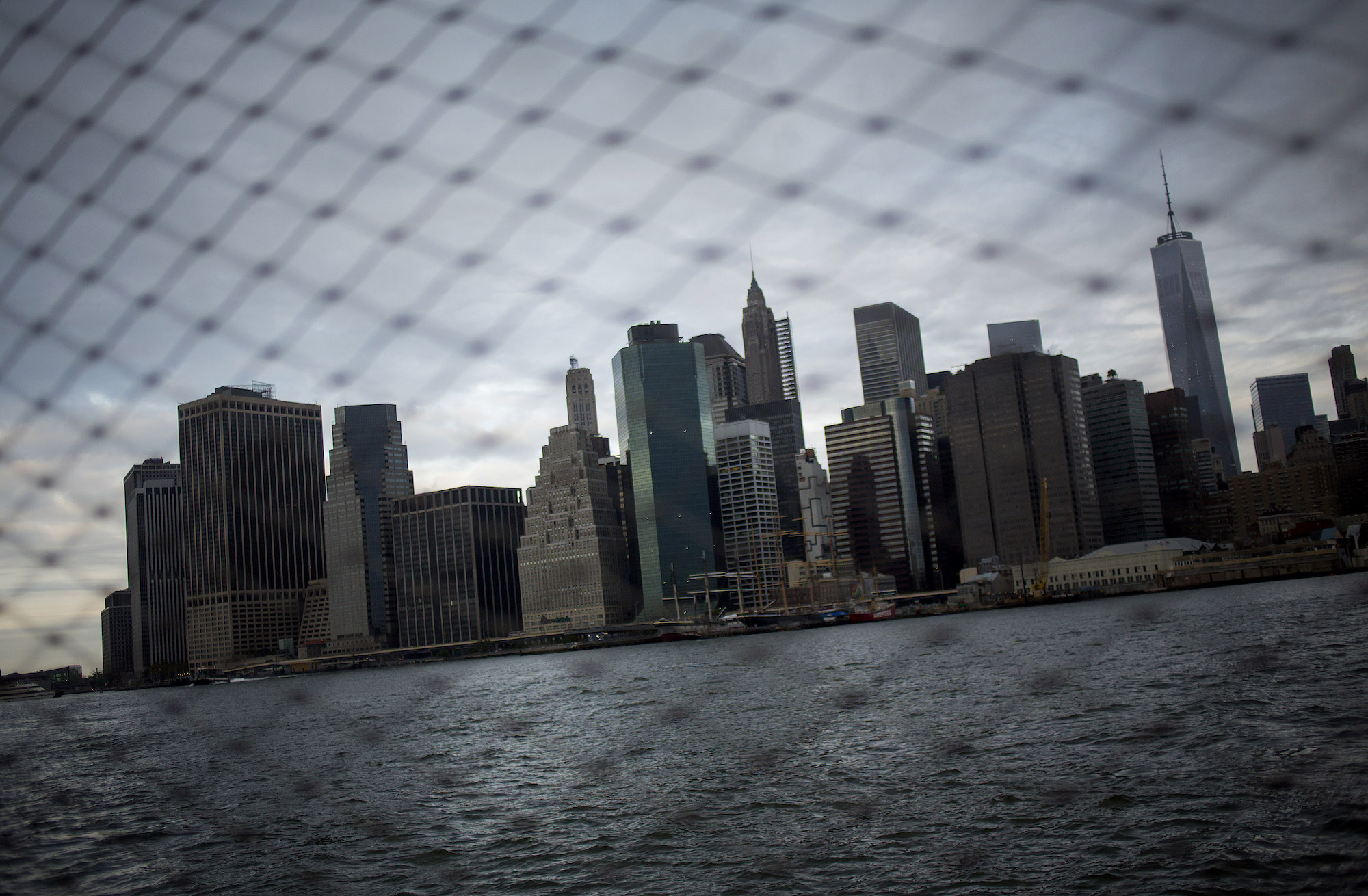- In a new TED talk, Harvard professor and science writer Steven Pinker says that the world is better now than ever before. His latest book, “Enlightenment Now,” makes a similar argument.
- Bill Gates has said he reads 50 books a year, and “Enlightenment Now” is his favorite one yet.
- Pinker defines progress as problem-solving, and says humanity should think of climate change and nuclear war as problems to be solved, not “apocalypses in waiting.”
- Other writers have criticized Pinker for being overly optimistic about the state of the world.
Every day, we read news articles about war, shootings, pollution, inequality, and the threat of nuclear weapons. These stories may suggest that the world is in its worst state ever, especially for those who are marginalized.
But in a new TED talk and book, Harvard professor and acclaimed science writer Steven Pinker argues the world is not that bad. In fact, he says, humanity is improving every day. When you look at the data, our world is the best it’s ever been.
Pinker also happens to be the author of Bill Gates’ favorite book, “Enlightenment Now.” Published in early 2018, the book chronicles human progress and concludes that now is the best time to be alive.
“You can always fool yourself into seeing a declineif you compare bleeding headlines of the presentwith rose-tinted images of the past,” Pinker said on the TED stage. “What does the trajectory of the world look likewhen we measure well-being over time using a constant yardstick?”
Pinker relies on data to back up this claim. Here are a few takeaways from his talk:
- Thirty years ago in the US, there were 8.5 homicides for every 100,000 Americans, 35 million tons of particulate matter (a hazardous type of air pollution), and a poverty rate of 12%. Today, those figures are 5.3 homicides, 21 million tons of particulate matter, and a 7% poverty rate.
- In 2017, the world had 12 ongoing wars, 60 autocracies, 10% of its population in extreme poverty, and 10,325 nuclear arms. But in 1988, those stats were 23, 85, 37%, and more than 60,000, respectively.
- While 2017 may have seemed like a bad year for terrorism in Western Europe, with 238 deaths, 1988 was worse, with 440 casualties.
- For most of human history, life expectancy was around 30 years old worldwide. Today, it is more than 70 years old, and in most developed parts of the world, it's over 80.
- Just 250 years ago, a third of children in the world's richest countries did not live to see their fifth birthday. Today, less than 6% of childrenin the world's poorest countries die before they reach age 5.
- Today, less than 10% of the world subsists in extreme poverty, but 200 years ago, 90% did.
- Over the last century, we've become 96% less likely to die in car accidents, 88% less likely to be killed on the sidewalk, 99% less likely to die in a plane crash, 95% less likely to be killed on the job, and 89% less likely to die from a natural disaster.
- The amount of time we devote to housework has fallen from 60 hours a week to fewer than 15 hours a week. (However, that latter figure is higher for women than men.)
- Literacy is at an all-time high. Before the 17th century, just 5% of Europeans could read or write. But more than 90% of the world's population under the age of 25 can read and write today.
Pinker defines progress as problem-solving, and says humanity should think of issues like climate change and nuclear war as problems to be solved, not "apocalypses in waiting." Another over-arching argument of the book is that the world should feel grateful for the progress it has made.
As other writers have noted, Pinker's book ignores the fact that not all progress depends on gratitude. In a review of "Enlightenment Now," The Guardian's William Davies asks, "Martin Luther King Jr. could have been grateful not to be living in 1850s Louisiana, but where would that have got him?"
Without some existential angst, it could be easy to get too comfortable with the world's most pressing issues, especially if they do not affect us personally.
Pinker notes that while the world still has plenty of problems to solve, it's better to see the glass half full.
"We will never have a perfect world, and it would be dangerous to seek one," Pinker said. "But there's no limit to the betterments we can attain if we continue to apply knowledge to enhance human flourishing."
Watch Pinker's TED talk below:

